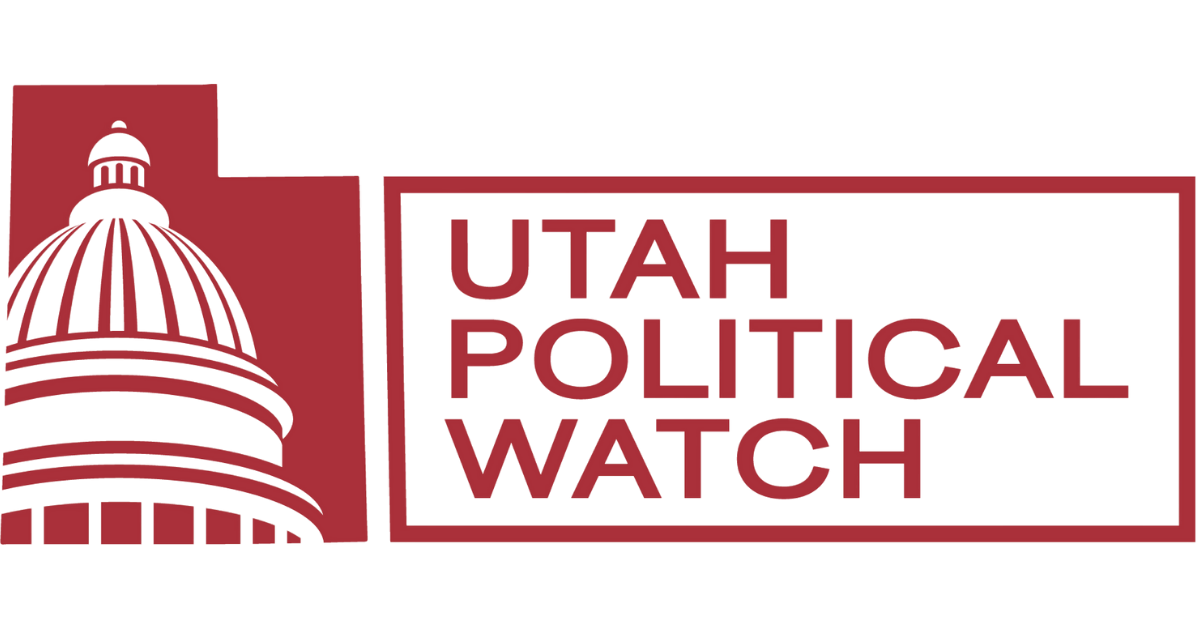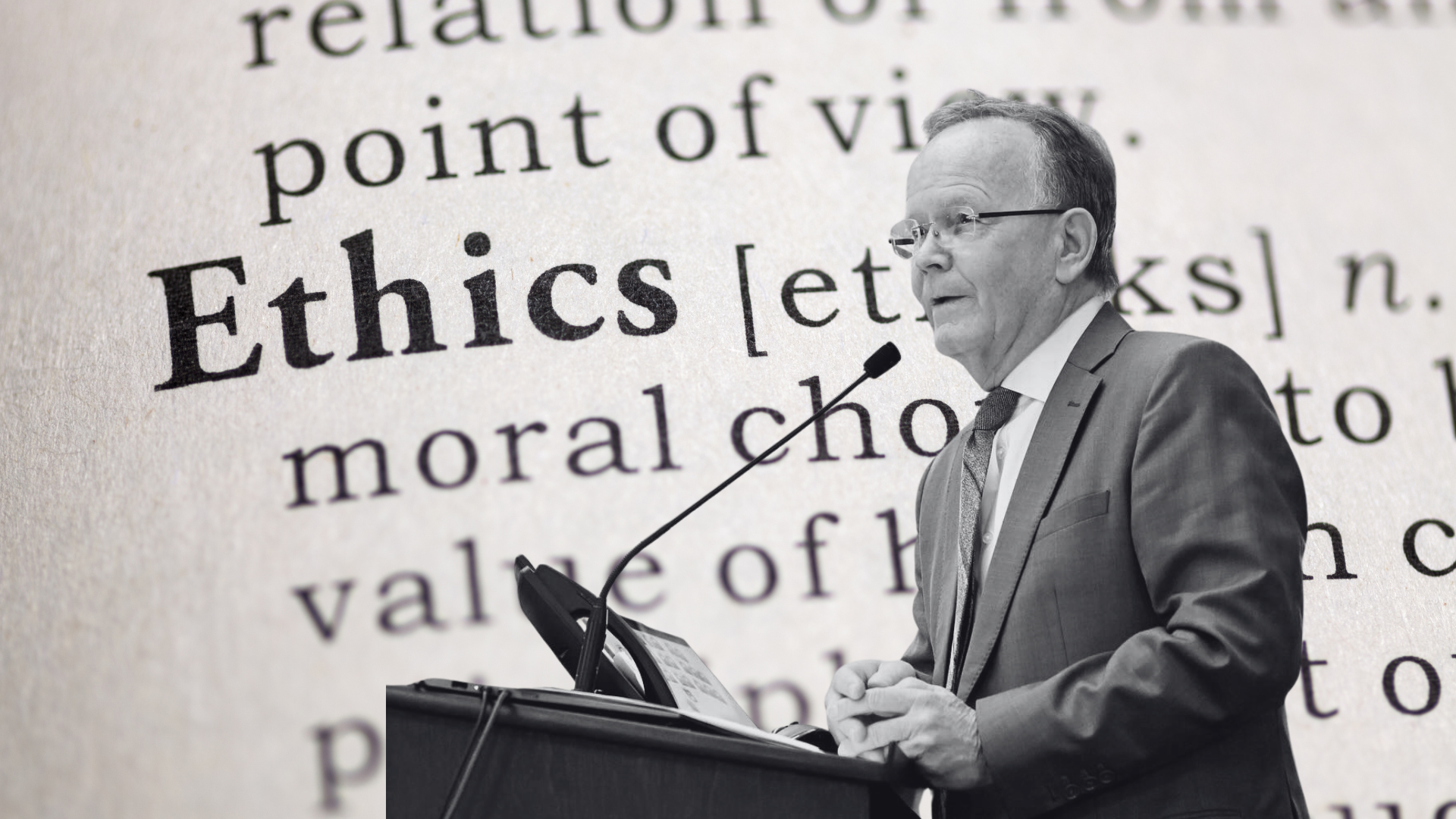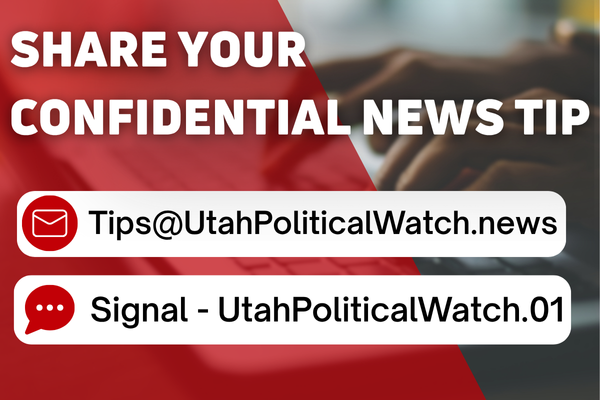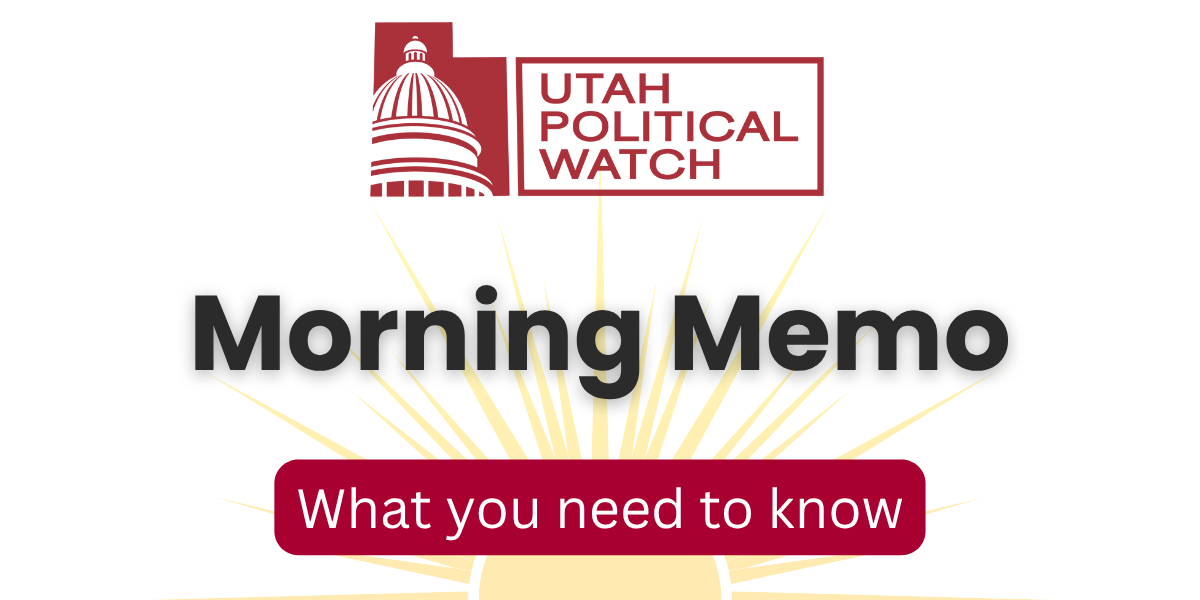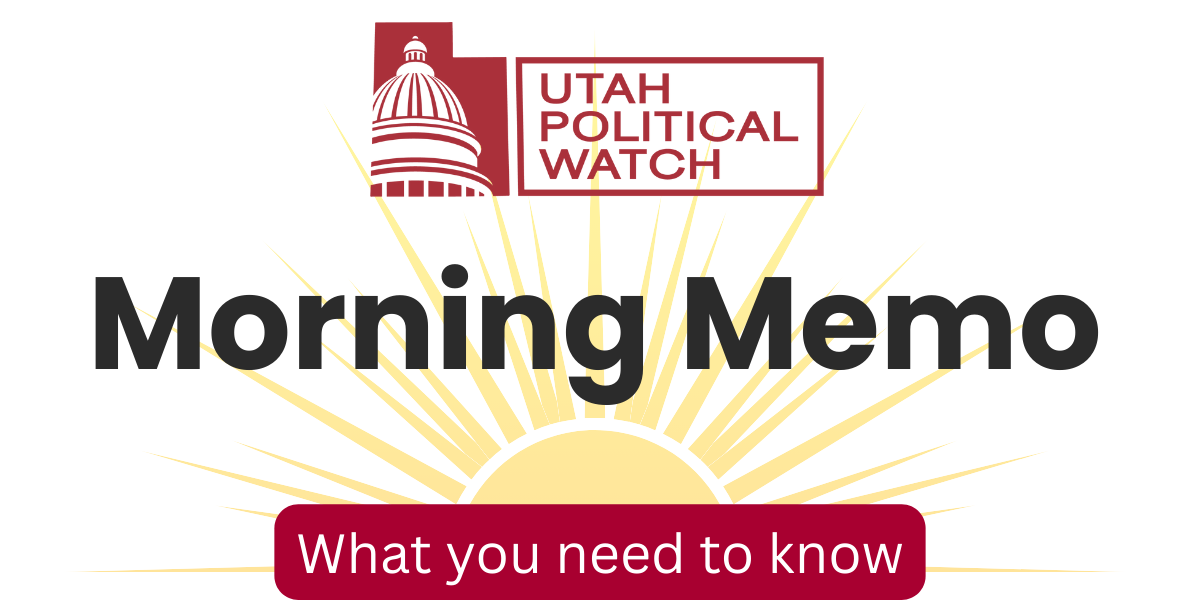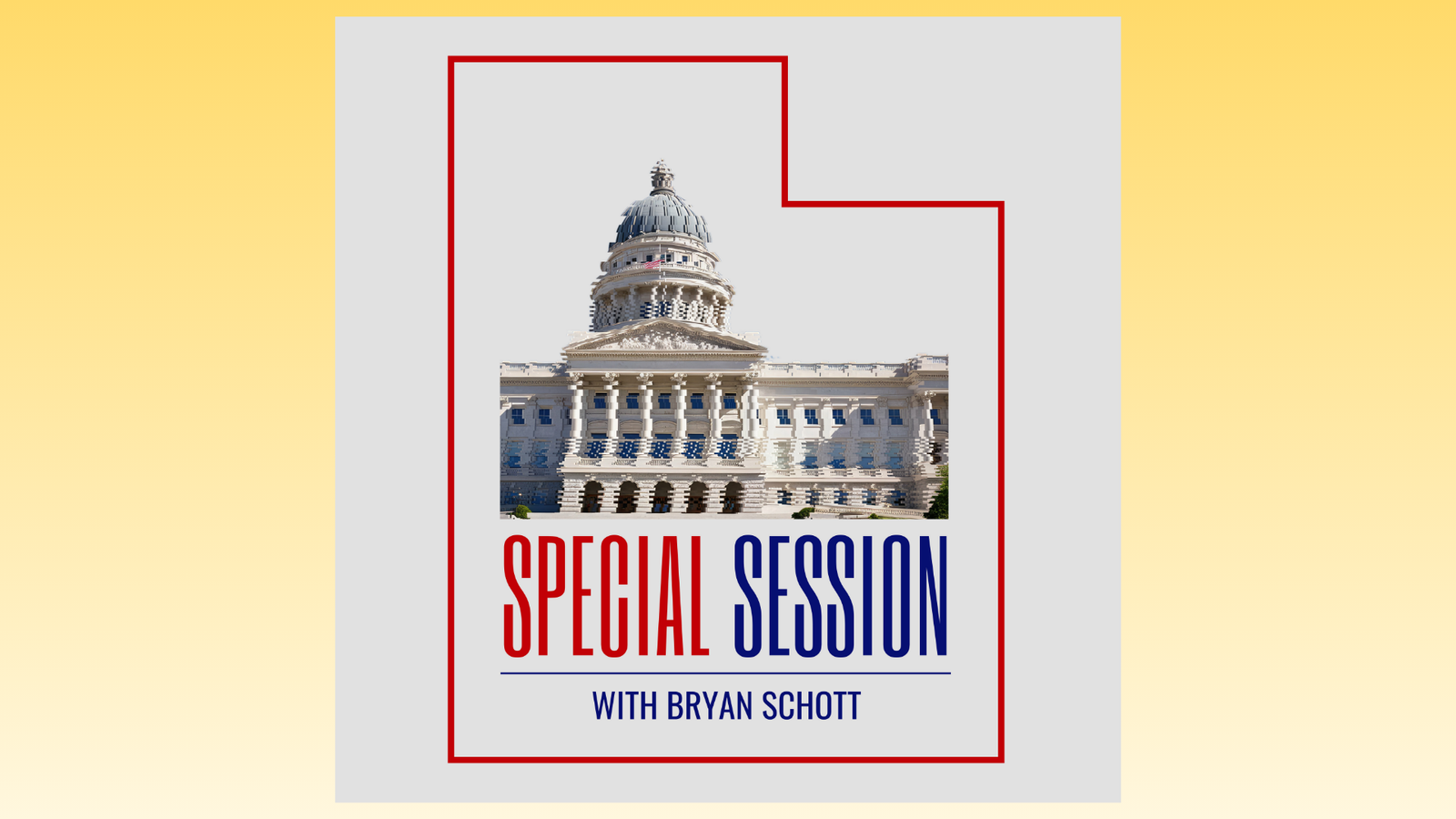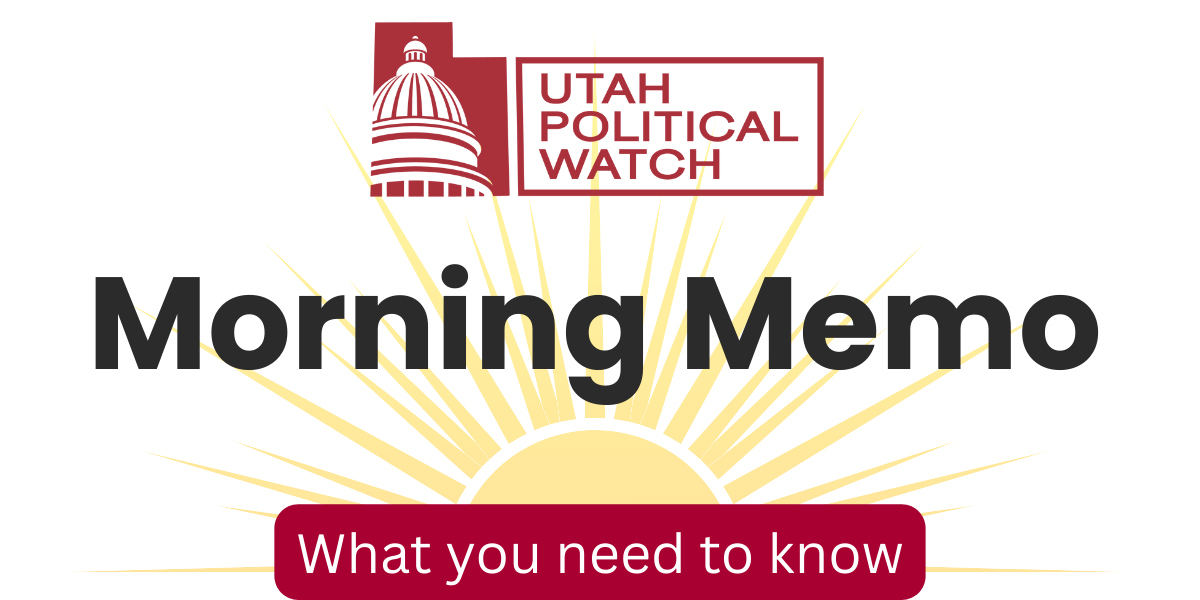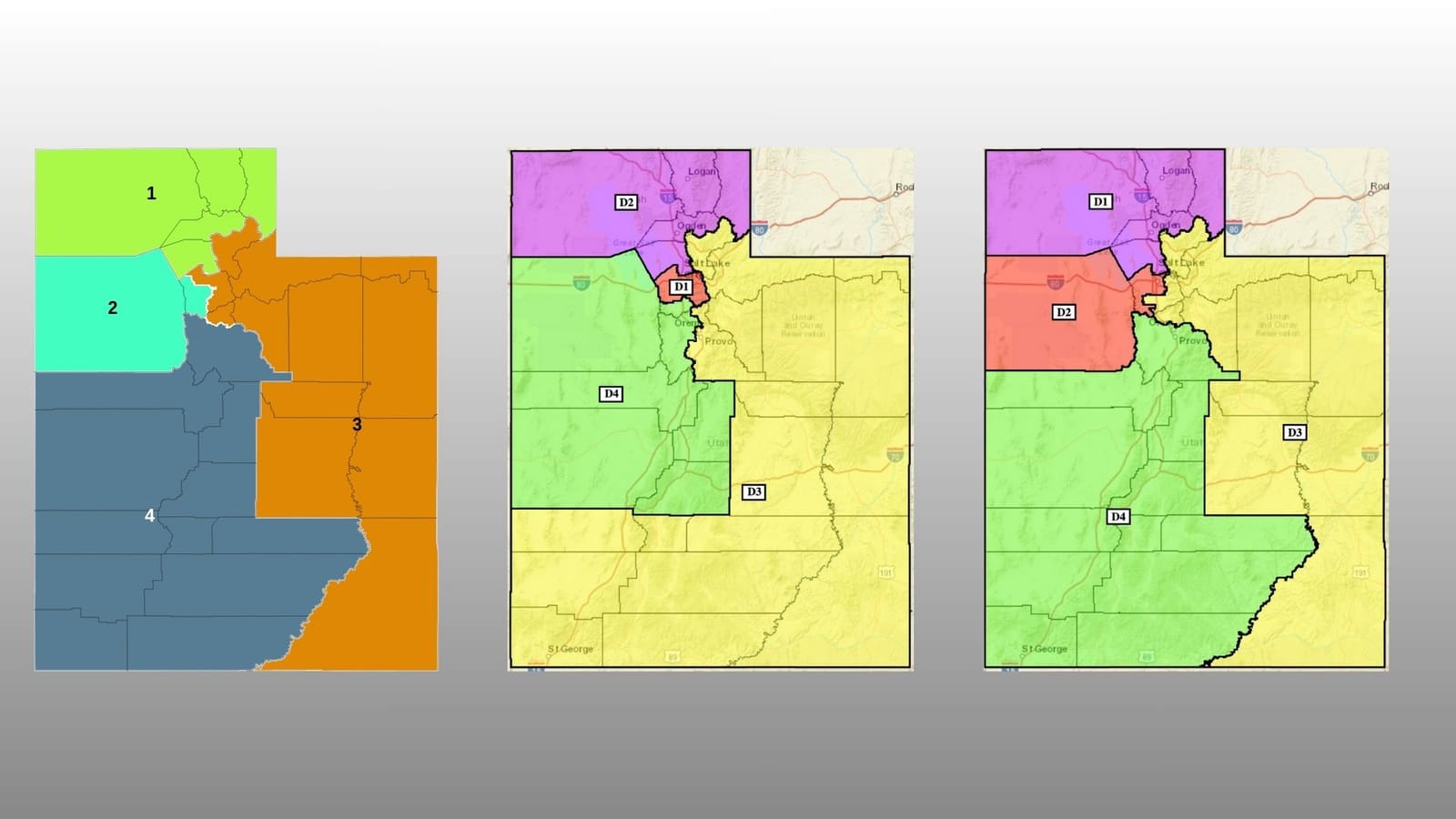Utah Senate President Stuart Adams faces calls to resign after he suggested a tweak to state law that helped shape the outcome of a case involving his step-grandchild, who was facing felony charges for child rape. But this is not the first time that Adams’ political muscle has seemingly overlapped with personal interests.
In 2023, Adams’ 18-year-old step-grandchild was charged with two counts of rape of a child and two counts of sodomy on a child after having sex with a 13-year-old. In Utah, a 13-year-old cannot consent.
Several months later, Adams discussed the case with Sen. Kirk Cullimore, who proposed a change to the law carving out an exception that lets prosecutors treat 18-year-olds accused of having sex with a 13-year-old as juveniles if they’re still in high school.
Although the law was not retroactive, both sides cited it in a plea deal that let Adams’ step-grandchild avoid jail time and a requirement to register as a sex offender.
Adams has denied intervening in the case, but both the defense and prosecution cited the change in the law as a key factor in securing the plea bargain.
This is not the first time that Adams’ political clout has benefitted close members of his family.
In 2011, the Utah Department of Transportation planned a billboard near South Main Street and I-15 in Layton, on UDOT-owned land that was chosen after meetings with city officials.
Shortly before construction was to begin, some of his constituents reached out to Adams objecting to the billboard. Adams, the former chairman of the Utah Transportation Commission who sat on the Senate Transportation, Public Utilities and Technology Committee,started making calls to UDOT and city officials, and got the billboard blocked.
Those constituents just happened to be Adams’ parents, who lived right across the street from where the billboard was going up.
Adams said his parents were unaware that the billboard was going up in that location until construction was about to begin, and he faulted UDOT for not holding a public hearing allowing residents to voice their concerns. He contended that he would have made the same calls if anyone else had raised concerns about the billboard.
At the time, state law did not require UDOT to seek approval from the city council or hold a public hearing on the billboard placement. In this case, UDOT approved the site in April, got a permit from the city in May, and construction began shortly thereafter.
It was only after the billboard began to go up that Adams intervened.
Recently Adams has also been at the center of several controversies involving seemingly unethical behavior.
Campaign finance
Last year, the liberal group Alliance for a Better Utah accused him of violating state campaign finance laws for more than a decade. It was one of at least three complaints against Adams prompted by his campaign disclosures.
The complaints alleged Adams and two political action committees under his control improperly reported hundreds of thousands of dollars of campaign spending by listing payments to credit card companies without providing detail on what those expenditures were for.
Utah campaign finance law specifically prohibits candidates from listing a “financial intermediary” like a credit card company as the payee on financial disclosures, requiring that they list “the actual person or entity” that is paid using campaign funds. Adams only listed the card payments.
Adams said he’d received conflicting guidance about the reporting requirements. For that reason the lieutenant governor’s office dismissed the complaint while acknowledging that Adams’ filings violated the law.
International travel
In 2022, Adams and two of his grandchildren attended the FIFA World Cup in Qatar to watch the U.S. play a match against England. That trip was mostly paid for by the Qatari government. Former Attorney General Sean Reyes also traveled to the tournament on the Qatari government’s dime.
Utah state law does not prohibit foreign governments from paying for travel or tickets to sporting events, and there’s no requirement that those trips are disclosed publicly.
A few months before Adams and his family traveled to the tournament, the Republican-controlled Utah Senate blocked legislation from Republican Rep. Candice Pierucci that would have required elected officials who accept gifts or travel from foreign governments to disclose them publicly.
Pierucci sponsored similar legislation in 2023, 2024 and 2025. All of those proposals died without a vote.
COVID
On the opening day of the 2022 session, Adams triumphantly announced he had tested negative for COVID-19 that morning after testing positive the week before.
In reality, Adams tested positive twice for the virus earlier that day shortly before the opening session began. Adams spent most of the day in close contact with other legislators and members of the public, but did not wear a mask for much of that time.
Senate staffers acknowledged Adams’ positive tests only after questions from the media.
In 2020, during the height of the COVID-19 pandemic, Utah purchased 20,000 doses of an anti-malarial drug at a cost of $800,000 from a pharmacy whose owner, Dan Richards, established a relationship with Adams in the early stages of the pandemic. Adams and Richards connected as part of an informal group of Utah policymakers and business people who helped shape the state’s initial response.
The state purchased the drugs from Richards’ pharmacy, “Meds in Motion,” without informing officials with the state Health Department. That purchase was ultimately refunded.
When a shipment of drugs was held up in a port in California, Richards reached out to high-ranking state officials, including Adams, for help. A few days later, Adams asked the director of the Utah Inland Port Authority to lend a hand.
Adams was a proponent of using hydroxychloroquine to treat COVID, despite the lack of scientific evidence of its effectiveness in fighting the virus.
